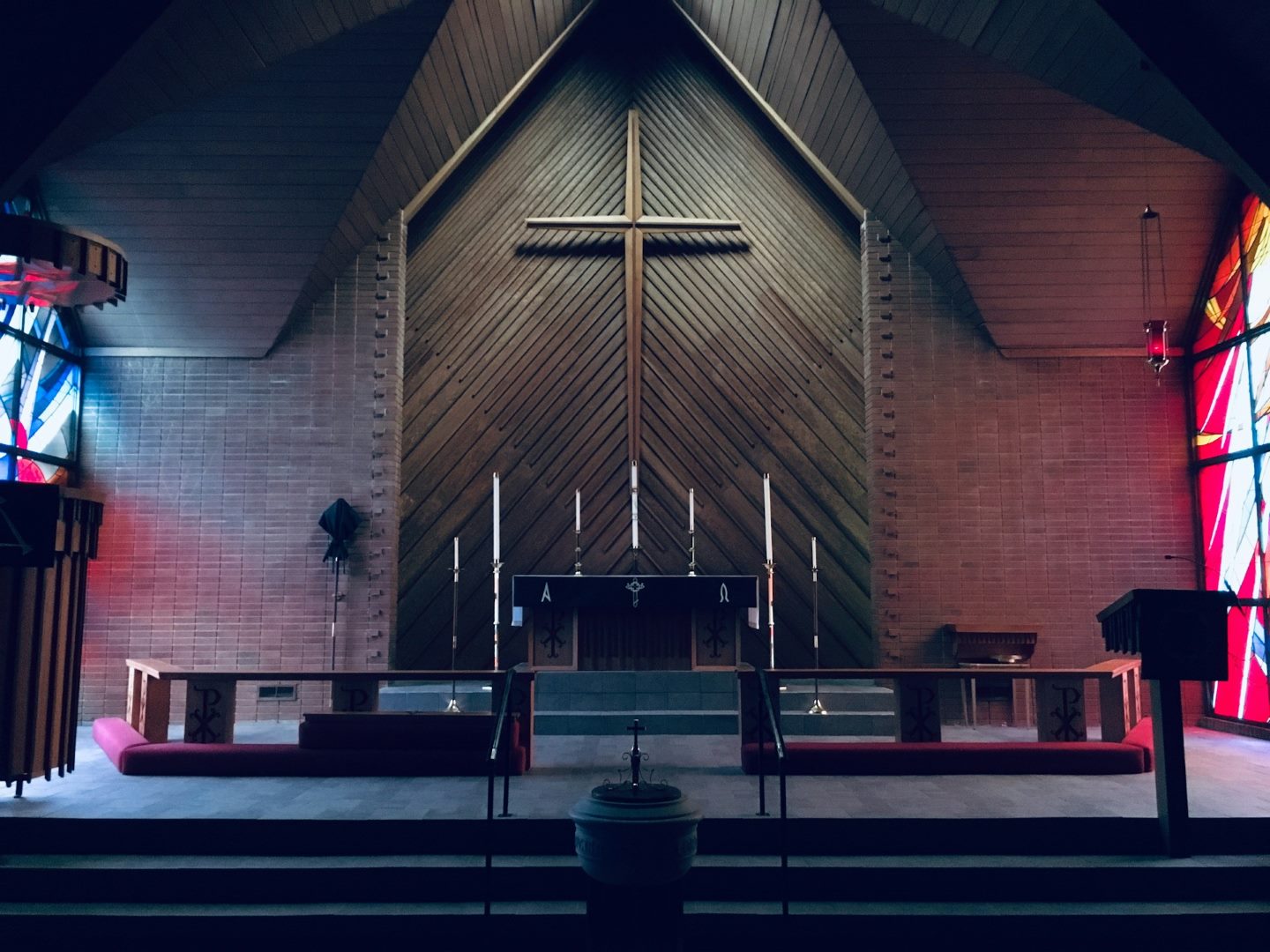Introduction
The Ukrainian Orthodox Church is a self-governing Eastern Orthodox Church with a rich history, diverse beliefs, and unique practices. This article provides a comprehensive guide to the Ukrainian Orthodox Church, exploring its origins, beliefs, liturgical traditions, and cultural significance.
Origins and History
The Ukrainian Orthodox Church traces its roots back to the baptism of Kievan Rus’ by Saint Vladimir the Great in 988. Over the centuries, the Church has faced various challenges, including foreign occupations, political upheavals, and religious persecutions.
- 988: Baptism of Kievan Rus’ by Saint Vladimir the Great
- 13th-14th century: Mongol invasion and occupation
- 16th-17th century: Polish-Lithuanian Commonwealth and Uniate movement
- 18th-19th century: Russian Empire and suppression of Ukrainian Church
Beliefs and Teachings
The Ukrainian Orthodox Church adheres to the doctrines of Eastern Orthodox Christianity, which emphasizes:
Holy Trinity
Belief in the Holy Trinity: God the Father, God the Son (Jesus Christ), and God the Holy Spirit.
Incarnation and Salvation
Belief in Jesus Christ as the Son of God who became human to redeem humanity from sin.
Resurrection and Ascension
Belief in the resurrection of Jesus Christ from the dead and his ascension into heaven.
Liturgical Traditions and Practices
The Ukrainian Orthodox Church follows a rich liturgical tradition that has evolved over centuries.
Divine Liturgy
The Divine Liturgy is the central service of the Church, which includes prayers, hymns, and the Eucharist.
Fasting and Prayer
The Church observes four major fasting periods throughout the year, accompanied by prayer and spiritual disciplines.
Icons and Veneration
Icons are highly revered in the Ukrainian Orthodox Church, as they are believed to represent the presence of Christ, saints, and angels.
Cultural Significance
The Ukrainian Orthodox Church has played a vital role in shaping Ukrainian history, culture, and identity.
Historical Preservation
The Church has preserved many ancient manuscripts, icons, and architectural monuments of Ukrainian cultural heritage.
Language and Education
The Church has promoted the Ukrainian language and established schools and seminaries to educate the clergy and laity.
National Unity
The Church has served as a unifying force for Ukrainians, fostering a sense of national identity and belonging.
Current Challenges and Future Prospects
The Ukrainian Orthodox Church is currently facing several challenges, including:
- Political and religious divisions within Ukraine
- Relations with the Russian Orthodox Church
- Modernization and adapting to contemporary society
Despite these challenges, the Church remains committed to its mission of spreading the Gospel, preserving Ukrainian culture, and serving the Ukrainian community.
Conclusion
The Ukrainian Orthodox Church is a vibrant and resilient faith community that has played a significant role in Ukrainian history. Through its beliefs, practices, and cultural influence, the Church continues to inspire and nourish the Ukrainian people. Understanding the Ukrainian Orthodox Church provides a valuable insight into the religious, cultural, and historical tapestry of Ukraine.



